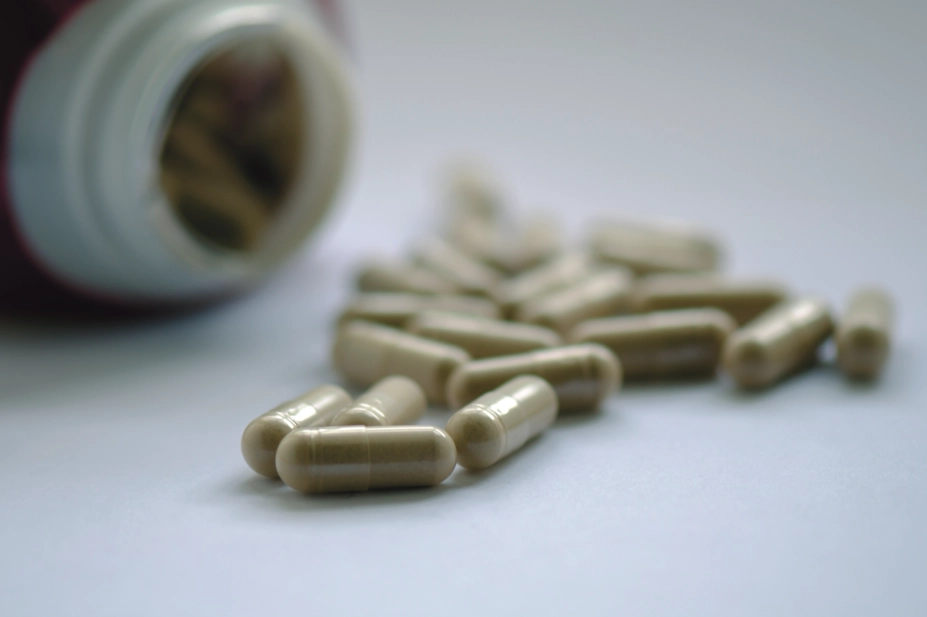
Shutterstock
Around 1 in 55 hospital admissions may have been caused by an adverse event triggered by a reaction between a dietary or herbal supplement and another medicine or supplement, according to Israeli research.
As a result, the researchers say their findings suggest that medical staff need further education about the role dietary or herbal supplements may have in adverse events.
Reporting their findings in the British Journal of Clinical Pharmacology
[1]
(online, 25 November 2016), the authors looked at 947 patients admitted to 12 departments at a tertiary level medical academic centre in Haifa, Israel.
They discovered that 458 patients used supplements and that the supplements may have been the cause of an adverse event in 17 (or 3.7%) of cases.
They deemed another 14 interactions “probably” down to supplements, where another 11 cases were “possibly” down to supplements.
The team also discovered that adverse events were more common in older patients (P=0.025, 95% CI: 2.26–19.7) and patients born outside Israel (P=0.025, 95% CI: 0.03–0.42).
They were also more common in patients with ophthalmologic (P=0.032, 95% CI: 0.02–0.37) or gastrointestinal (P=0.008, 95% CI: 0.05–0.46) comorbidities and also amongst those patients who used higher numbers of supplements (P<0.0001, 95% CI: 0.52–2.48) or drugs (P=0.027, 95% CI: 0.23–3.77).
References
[1] Levy I, Attias S, Ben-Arye E et al. Adverse events associated with interactions with dietary and herbal supplements among inpatients. British Journal of Clinical Pharmacology. doi: 10.1111/bcp.13158
You may also be interested in
